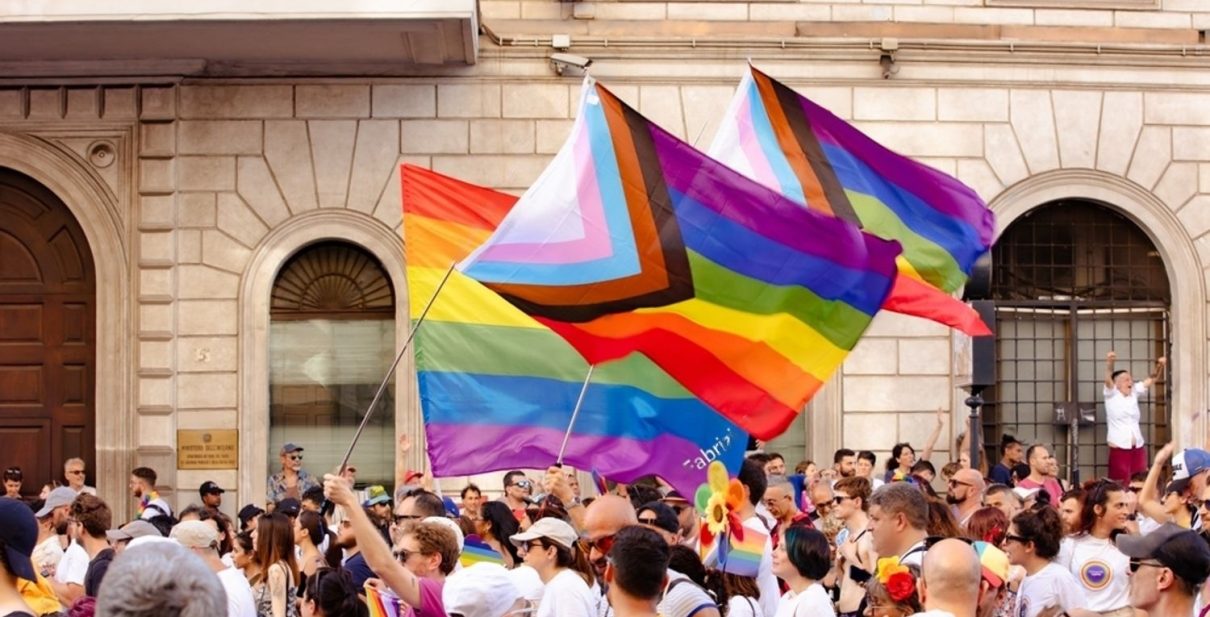- July 4, 2024
- by Harshita Bajaj
- LGBTQ, Pride Month
The issues faced by the LQBTQ+ community are not less, ranging from day-to-day issues like facing stigma, prejudice, discrimination in workplace, getting housing, services, within family and peer group to issues like bullying, AIDS, hate crimes and targeted violence.
Above these social and personal issues, there are many mental health issues also faced by the community, such as suicide, depression, isolation, high stress, anxiety, hopelessness, self-harm, loneliness and self-esteem issues.
Such issues are addressed through awareness, support programs for the LGBTQ+ community which comes under spotlight majorly during the month of June, recognized as the pride month.
June comes and goes and yet many of us still don’t know why Pride Month is observed in June.
What is Pride Month and the significance of June?
To raise awareness about many issues faced by the LGBTQ+ community, increase recognition, provide a space and platform for the members of the community, celebrate, honor and show support to the struggles endured, Pride Month is celebrated in June annually all over the globe.
The LGBTQ+ rights movement had a turning point with the Stonewall Riots. It all started on June 28, 1969 in Stonewall Inn, a gay bar in New York. On that night, the police raided the bar and singled out employees and customers, herding them into police vans. This incident was followed by a series of riots and protests against the brutality and harassment shown by the police. As this sparked a lot of activism, support from the community and its allies, and a push for equal rights and acceptance, it is considered a hallmark event in LGBTQ+ history.
One year later, the very first gay pride march was held on June 28 1970, which marked the first anniversary of Stonewall uprising. It was a popular event with supportive slogans such as –
“2-4-6-8, gay is twice as good as straight”
“Say it Loud, Gay is Proud”
Hence, with the anniversary of Stonewall riots and every subsequent year, to honor the LGBTQ+ struggles and give voice to the community, June came to be recognized as the Pride Month.
Every individual has the right to equal access, but even today when the LGBTQ+ community has come a long way in terms of acceptance, in many parts of the world they are still facing inequality and discrimination. A big part of equal access involves addressing the issues faced by any vulnerable or minority community group. Addressing mental health and wellbeing of the LGBTQ+ individuals has been a concern for a long time, and highlighting the unique mental health challenges faced by LGBT people, to promote its awareness, support and resources is an important aspect that is often a part of the pride month as well.
Mental Health and Pride Month
Due to the many social, cultural and systemic factors, the LGBTQ+ community faces many mental health challenges which are higher as compared to the general population. The mental health concerns and issues faced by the LGBTQ+ community include:
- LGBTQ+ adults are more than twice as likely to experience depression and anxiety as compared to heterosexual and cisgender individuals
- LGBTQ+ youth are at risk of suicidal ideation and are four times as likely to attempt suicide as compared to their peers
- 40% of the LGBTQ+ individuals below the age of 18 years have suicidal ideations and seriously considered attempting suicide, as per the Trevor Project’s National Survey
- LGBTQ+ individuals are twice as likely to have a substance abuse disorder
- LGBTQ+ individuals are at higher risk for eating disorders, particularly gay and bisexual men are seven times more likely to report binge eating and twelve times more likely to report purging as compared to heterosexual men
- LGBTQ+ individuals are at a higher risk for high stress and Post-Traumatic Stress Disorder
- 70% of students belonging to LGBTQ+ community experience verbal harassment and 28% experience physical harassment at school, as per the GLSEN report
- 20-40% of the homeless youth population are LGBTQ+ youth
- LGBTQ+ individuals are at a higher risk for intimate partner violence, hate crimes, violence and trauma
Addressing the mental health issues of LGBTQ+ individuals or highlighting the importance of mental health during pride month is an extremely crucial step towards equality and an inclusive tomorrow. Not only do we have to increase mental health and pride awareness but we also have to ensure that the community gets equal , affordable and fair access to mental health services.
Mental health professionals have, in order to cater to the LGBTQ+ population and their concerns included a queer-affirmative approach and sensitization training towards the LGBTQ+ history, issues, challenges to adequately and appropriately provide support to the community. Any LGBTQ+ individual can look for a LGBTQ+ counsellor or therapist or queer-affirmative therapist when seeking professional help or mental health support.
Providing emotional, psychological and social support to the LGBTQ+ community is an essential need that must be addressed whether its pride month or not as not only are we harming a whole community but also every day that we do not take a step to actively create an inclusive society for everyone, we are taking a step backwards and regressing as a society. So remember, the month may end here, but pride is forever!











